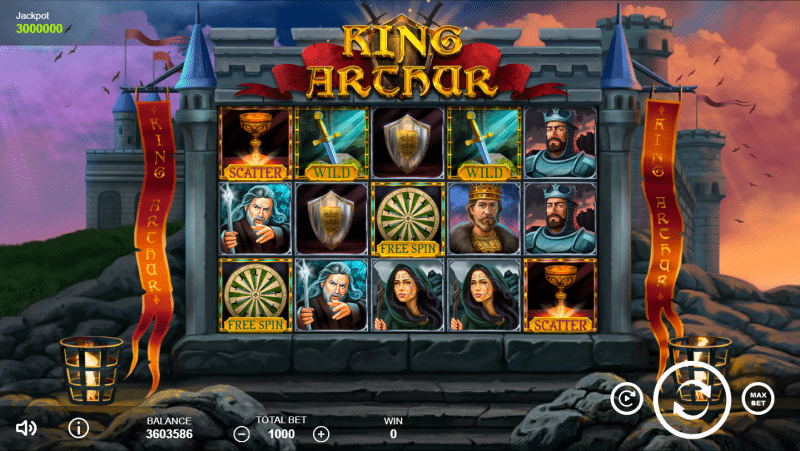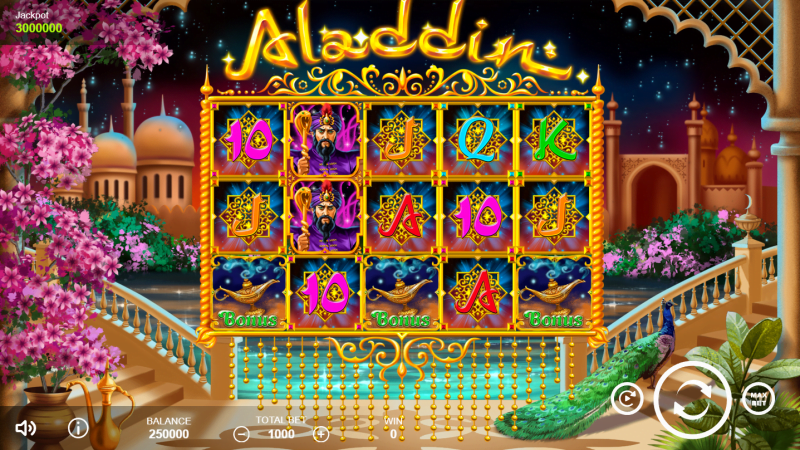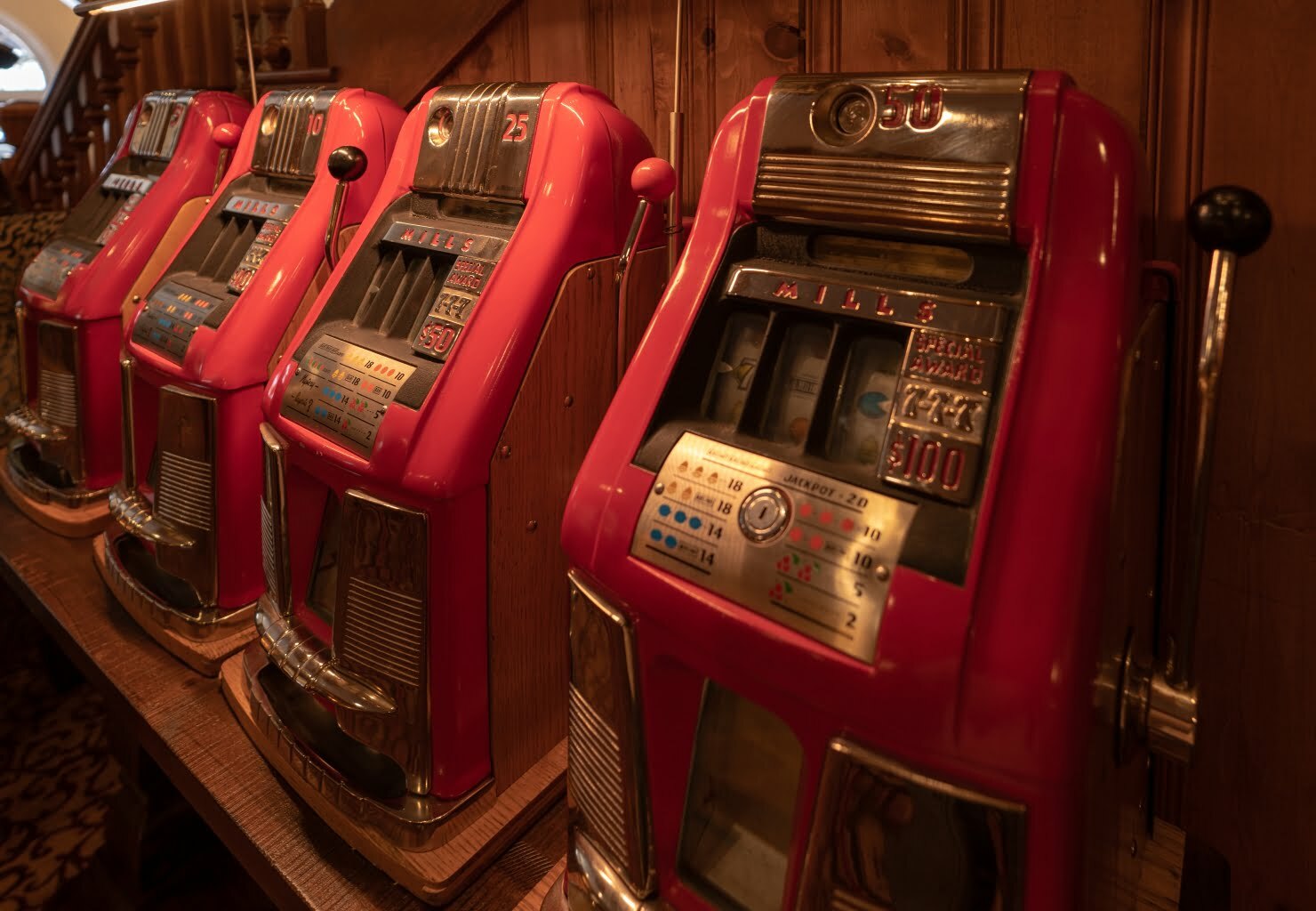Gambling books have been a staple of the literary world for decades, offering readers a tantalizing glimpse into the high-stakes world of casino gambling. These books provide an unparalleled window into the excitement, thrill, and drama of the casino experience. They also provide the strategies and techniques that go into successful gambling. Whether you’re a seasoned pro or a curious beginner, there’s no better way to up your game than by diving into the vast library of gambling books available today.
But gambling books are more than just instructional manuals. They’re also engaging narratives that bring to life the casino world’s colorful characters and high-stakes drama. You’ll read about legendary players who beat the odds and walked away with millions and the scams and cons that have plagued the gambling industry over the years.
Here is our list of 10 must-read books about gambling:
1. Bringing Down the House – Ben Mezrich
“Bringing Down the House” is a non-fiction book published in 2002. The book tells the story of MIT students who used tath skills to develop a card-counting system. They won millions of dollars at blackjack tables in Las Vegas.
The book follows how the students formed a team and used their system to beat the odds at various casinos. They also face challenges, including being caught and banned from casinos and the internal struggles of their group.
“Bringing Down the House” was adapted into the 2008 film “21”, starring Jim Sturgess as the lead character and Kevin Spacey as the team’s mentor. The film was a commercial success but received mixed reviews from critics.
2. The Professor, the Banker, and the Suicide King – Michael Craig
In this book, Michael Craig tells the story of a high-stakes poker game in 2001. The game, “The Corporation,” featured billionaire banker Andy Beal and professional poker players, including Phil Ivey, Doyle Brunson, and Chip Reese.
The book chronicles the matches between Beal and the poker pros. These matches took place over several years and involved millions of dets. Craig provides detailed descriptions of the players and their strategies, as well as the ups and downs of the game.
In addition to the story of “The Corporation,” the book also delves into the history of high-stakes poker and the personalities that have shaped the game over the years. Craig provides insights into the psychology of poker and the strategies professional players use to gain an edge over their opponents.
3. The Theory of Poker – David Sklansky
David Sklansky is a professional poker player and gambling theorist. ”Theory of Poker” was published in 1987. It’s a classic in the field of poker theory.
The book explores topics related to poker strategy, including hand selection, position, bluffing, and pot odds. Sklansky also provides insights into the psychology of poker and the importance of understanding your opponents’ tendencies and tells.
Sklansky introduces the Fundamental Theorem of Poker. The theory states that “Every time you play a hand differently from the way you would have played it if you could see all your opponents’ cards, they gain; and every time you play your hand the same way you would have played it if you could see all their cards, they lose.”
4. The Biggest Game in Town – Al Alvarez
“The Biggest Game in Town,” tells the story of the 1981 World Series of Poker (WSOP) in Las Vegas. The book is a classic in poker literature and provides a fascinating look into the world of professional poker.
The book chronicles the experiences of players who participated in the WSOP that year, including Doyle Brunson, Stu Ungar, and Jack Straus. Alvarez provides insights into the psychology of poker and the strategies used by the players to gain an edge over their opponents.
Additionally, the book provides a broader perspective on the history and culture of poker. Alvarez explores the origins of the game and its evolution into a popular form of entertainment in the United States.
5. The Man Who Broke the Bank at Monte Carlo – Robin Quinn
“The Man Who Broke the Bank at Monte Carlo” is a novel by Robin Quinn, published in 1986. The book is a fictionalized account of the true story of Charles Deville Wells. Charles won millions of francs at the Monte Carlo Casino in the late 19th century.
The novel follows Wells as he becomes obsessed with breaking the bank at Monte Carlo, a feat considered nearly impossible due to the casino’s strict rules and the massive amount of money needed to play. However, Wells uses his charm and wit to convince investors to finance his gambling exploits.
Against all odds, Wells manages to win millions at the casino and becomes an overnight sensation. His newfound wealth allows him to indulge in a lavish lifestyle. He soon discovers that his good fortune has come at a high cost.
The novel follows themes of greed, obsession, and the corrupting influence of wealth. It also delves into the intricacies of the Monte Carlo Casino and the role of chance in gambling.
“The Man Who Broke the Bank at Monte Carlo” has been adapted into several films and television shows, including a 1935 film. “breaking the Bank” has since become synonymous with winning big at a casino.
6. Scarne’s Complete Guide to Gambling – John Scarne
John Scarne is a well-known gambling expert and magician. Published in 1961, the book provides a comprehensive guide to various forms of gambling, including casino games, card games, and sports betting.
The book covers topics such as the rules and strategies of different games, the mathematics of gambling, and the history and culture of gambling. Scarne provides insights into the psychology of gambling, players’ behaviors, and tips for managing your bankroll and minimizing your losses.
Scarne clearly explains the odds and probabilities associated with different games. He analyzes games such as blackjack, roulette, craps, poker, and lesser-known games like baccarat and keno.
7. Casino Royale – Ian Fleming
“Casino Royale” is a spy first published in 1953. The book is the first in the James Bond series. It introduces readers to the iconic character of Bond, a British secret agent with a penchant for danger and a taste for luxury.
In “Casino Royale,” Bond defeats Le Chiffre, a Soviet agent who has lost a large sum of his agency’s money at the casino in Royale-les-Eaux. Bond travels to France to outplay Le Chiffre in a high-stakes game of baccarat, with the fate of the Soviet funds resting on the outcome.
Along the way, Bond falls for Vesper Lynd, a beautiful woman assigned to assist him in the mission. But as the stakes get higher, Bond realizes that Vesper may not be all she seems. He must decide whether to trust her or risk losing everything.
The novel is a fast-paced thriller filled with action, intrigue, and high-stakes gambling. It also delves into the character of Bond, exploring his personal life and motivations for being a spy.
“Casino Royale” has become a cultural phenomenon, inspiring numerous film, television, and literature adaptations. It’s one of the greatest spy novels ever and a classic in espionage fiction.
8. Gambling 102 – Michael Shackleford
“Gambling 102” is a book by Michael Shackleford, aka “The Wizard of Odds.” Shackleford is an actuary and game designer who has studied the mathematics behind various casino games and gambling strategies.
In “Gambling 102”, he provides a comprehensive guide to the mathematics of gambling. The book covers many topics, including the house edge, strategy and odds, variance, slot machines, and sports betting. It’s a valuable resource for anyone who wants to understand the underlying principles of casino games and develop effective gambling strategies.
9. Casino: Love and Honour in Las Vegas – Nicholas Pileggi
“Casino: Love and Honour in Las Vegas” is a non-fiction book published in 1995. The book is based on the true story of Frank “Lefty” Rosenthal, a professional gambler, and his relationship with the Mafia and the Las Vegas casino industry.
It details Rosenthal’s rise to power in Las Vegas during the 1970s. He became the manager of the Stardust, Fremont, and Hacienda casinos. He used his connections with the Mafia to increase profits and control the casinos. However, his success was short-lived when the FBI began investigating his ties to organized crime.
The book also focuses on Rosenthal’s personal life, including his relationship with his wife, Geri McGee, a former showgirl and drug addict. Their turbulent marriage ultimately led to McGee’s murder and Rosenthal’s expulsion from Las Vegas.
“Casino” was adapted into a successful film directed by Martin Scorsese in 1995, starring Robert De Niro as Rosenthal and Sharon Stone as McGee. The film was critically acclaimed and nominated for several Academy Awards.
10. The Gambler – Dostoevsky
Written by Russian author Fyodor Dostoevsky, ”The Gambler ” was first published in 1866. The book is a semi-autobiographical account of Dostoevsky’s struggles with gambling addiction.
The novel follows the story of Alexei Ivanovich, a young tutor who becomes enamored with gambling while staying at a German casino town. He quickly falls into debt and becomes obsessed with winning back his losses, risking everything he has, including his reputation, relationships, and sanity.
Throughout the book, Dostoevsky explores the psychological toll of gambling addiction and its destructive effects on individuals and their families. He also examines themes of morality, redemption, and the human condition. “The Gambler” is a profound and thought-provoking read.
To Wrap up…
These 10 books provide a wealth of information and insights into casino gambling. From card counting to sports betting, these books cover many topics and offer valuable tips and strategies for improving your skills and winning big. Whether you’re a seasoned gambler or a beginner, check out one or more of these great books and take your casino gambling to the next level!




